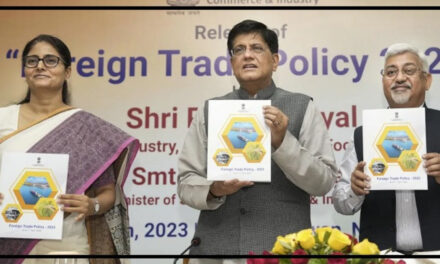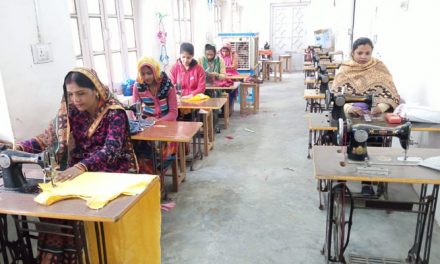 According to new research conducted in South India, using laser and ultrasonic cutters on polyester knitted fabrics—instead of traditional cut-and-sew methods—can significantly reduce the amount of microfibres released into the environment during laundry. Microfiber is a man-made, synthetic material formed through a chemical process. It is composed of materials such as polyester, nylon polymers, or wood pulp.
According to new research conducted in South India, using laser and ultrasonic cutters on polyester knitted fabrics—instead of traditional cut-and-sew methods—can significantly reduce the amount of microfibres released into the environment during laundry. Microfiber is a man-made, synthetic material formed through a chemical process. It is composed of materials such as polyester, nylon polymers, or wood pulp.
An examination conducted by R Rathinamoorthy from the Department of Fashion Technology at PSG College of Technology in Coimbatore and S Raja Balasaraswathi from the National Institute of Fashion Technology in Bengaluru yielded significant findings.
Their research highlighted that laser and ultrasonic cutting techniques can diminish microfiber emissions by nearly one-twentieth in comparison to traditional scissor cutting. In the context of stitch methods, the overlock stitch exhibited lower shedding tendencies compared to alternative stitches like flatlock and single needle lockstitch.
Notably, the research established a correlation between the number of needles used and microfiber emission. According to their study, an increase in the number of needles led to higher microfiber release among variations of the same stitch type.
For instance, the four-thread overlock stitch (utilizing two needles) demonstrated a 45.27 percent rise in microfiber emission in contrast to the three-thread stitch (employing one needle). The investigation also delved into seam types, revealing that the proposed edge finishing seam (EFb) effectively curtailed 93 percent of microfiber release due to comprehensive edge coverage. When exploring the impact of stitch density, the research indicated that higher stitch density resulted in reduced microfiber release for the single needle lockstitch and flatlock stitch.
Collectively, the results underscored the importance of a meticulous selection of stitch style, stitch density, and seam type, which was found to potentially decrease microfiber emissions from garments by up to 64.6 percent.
 According to new research conducted in South India, using laser and ultrasonic cutters on polyester knitted fabrics—instead of traditional cut-and-sew methods—can significantly reduce the amount of microfibres released into the environment during laundry. Microfiber is a man-made, synthetic material formed through a chemical process. It is composed of materials such as polyester, nylon polymers, or wood pulp.
According to new research conducted in South India, using laser and ultrasonic cutters on polyester knitted fabrics—instead of traditional cut-and-sew methods—can significantly reduce the amount of microfibres released into the environment during laundry. Microfiber is a man-made, synthetic material formed through a chemical process. It is composed of materials such as polyester, nylon polymers, or wood pulp.

















